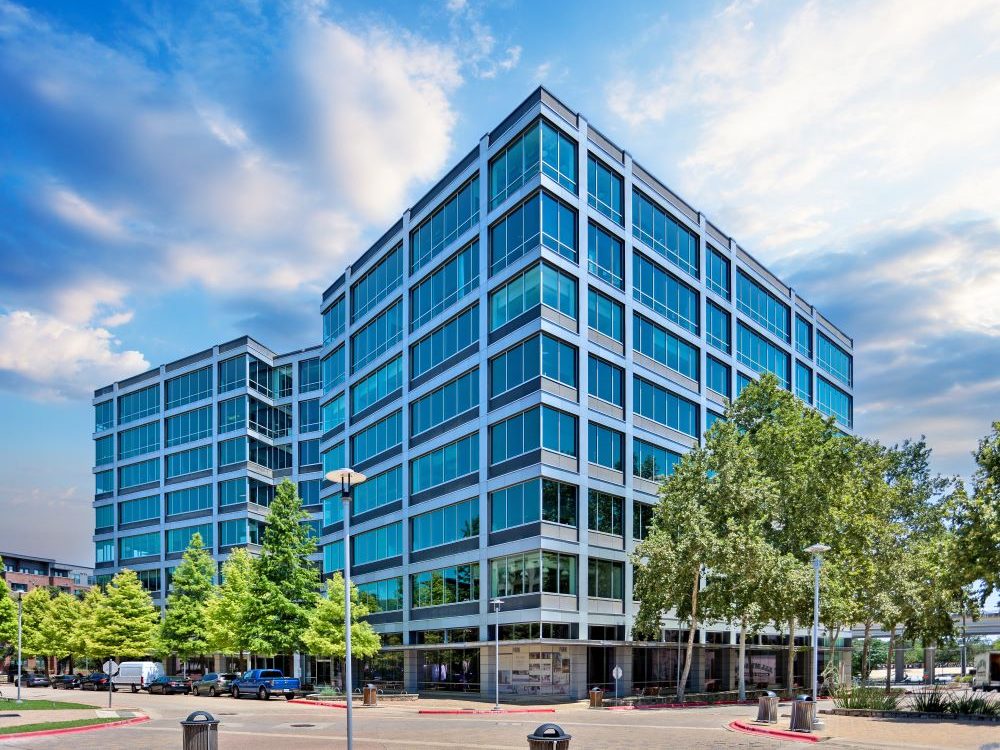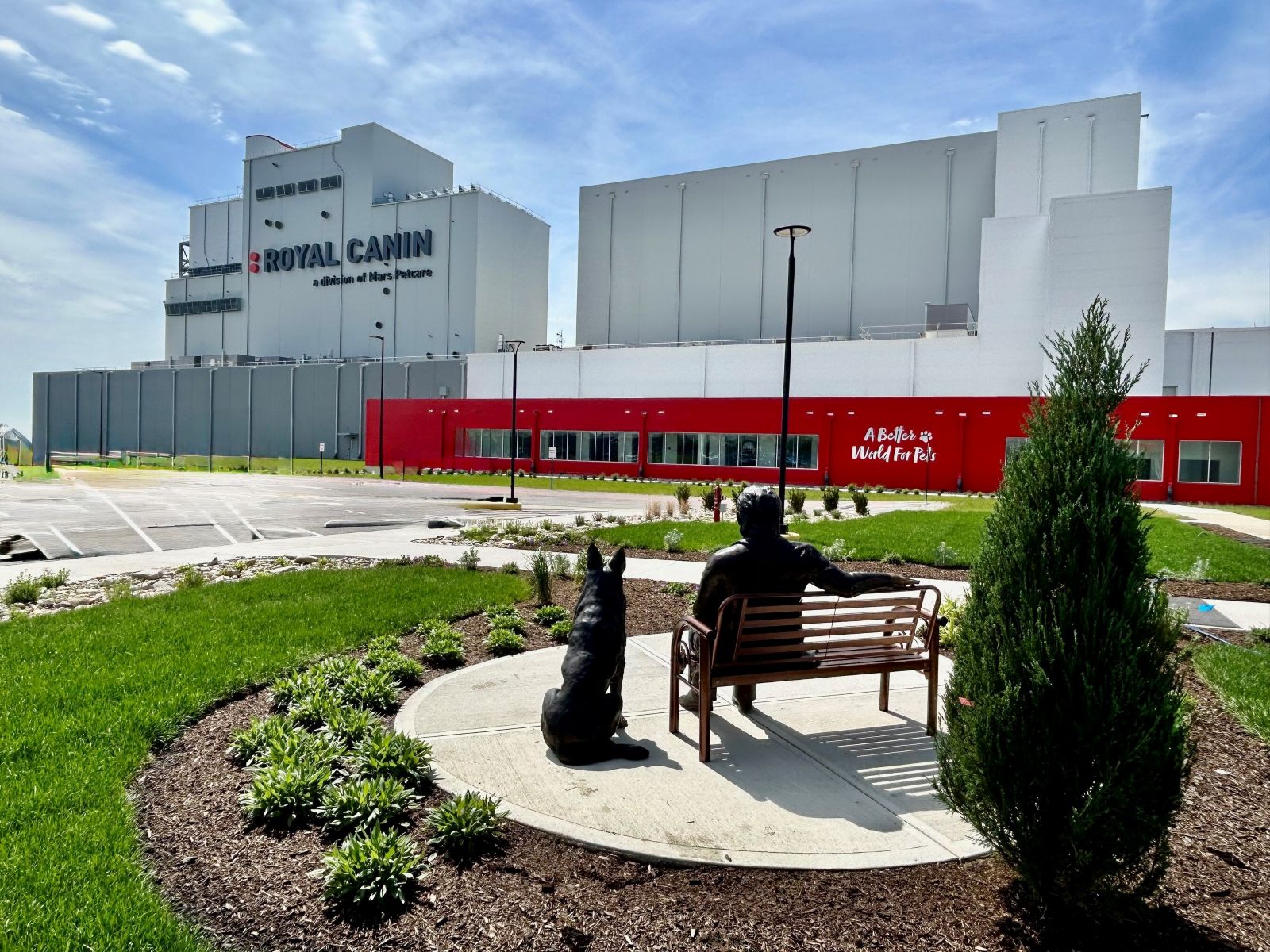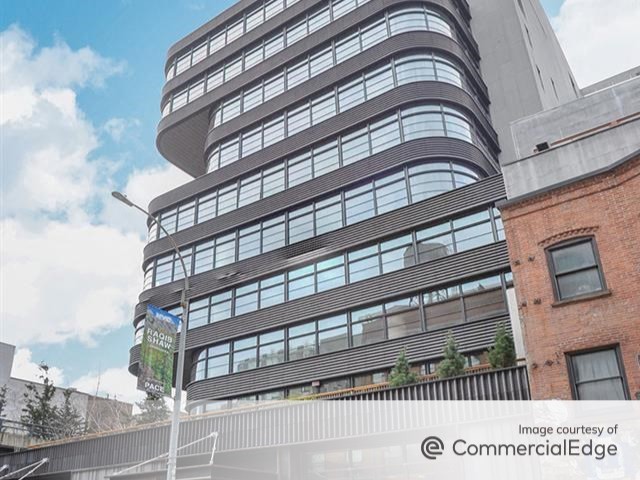UNT’s Sustainable Mean Green Stadium Ready for Opening
By Georgiana Mihaila, Associate Editor A sneak peak at the official site of University of Texas’ new Mean Green Stadium reveals less than a month left before its long-awaited opening. The $78 million project is now complete and has been unveiled [...]
By Georgiana Mihaila, Associate Editor
A sneak peak at the official site of University of Texas’ new Mean Green Stadium reveals less than a month left before its long-awaited opening. The $78 million project is now complete and has been unveiled for the media by means of a tour and news conference.
The new 30,000-seat stadium replaces the 57-year-old Fouts Field and will be the centerpiece of UNT’s Mean Green Village—one of the finest college athletic complexes in the country; located off Interstate 35 and South Bonnie Brae Street, the multi-purpose facility also includes increased tailgating space, luxury suites, an amenity-filled club level, a Spirit Store, a corporate deck and a Touchdown Terrace on top of the large fan capacity. The Mean Green Stadium will not only host UNT events but will also serve as a venue for outdoor concerts, community events, high school games and band competitions. According to the Dallas Business Journal, Austin-based Apogee, a campus networking firm, signed a 20-year naming-rights partnership agreement that averages around $1 million a year, so the football stadium will bear the name Apogee Stadium.
Designed by HKS Sports & Entertainment Group, whose portfolio includes the Cowboys Stadium and Liverpool FC’s Stadium, the state-of-the-art facility is pursuing LEED certification from the U.S. Green Building Council. With a $2 million State Energy Conservation Office grant, the UNT System will install wind turbines to feed the electrical grid that provides power to the new stadium and surrounding buildings, with estimated energy consumption offset by about 6 percent and carbon dioxide emissions reduced by approximately 323 metric tons annually. A Web-based monitoring software program will track energy production and carbon reduction statistics and data for educational and research purposes. The new stadium could become the nation’s first new-construction collegiate LEED Platinum-certified football stadium.
According to Michael Seman, research associate at the UNT Center for Economic Development and Research, the stadium and its surrounding UNT athletic complex will have an annual recurring economic impact of $28.9 million and will support 255 permanent jobs. It is also expected to attract more interest in the football program and the university itself, drawing more people to Denton.






